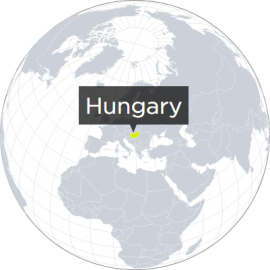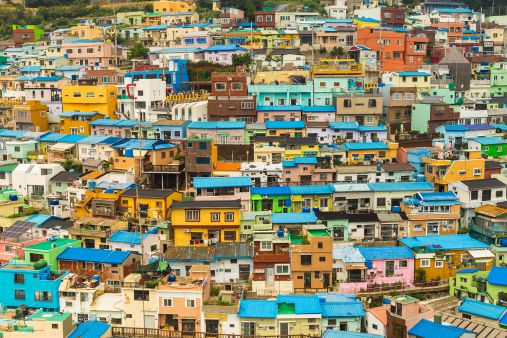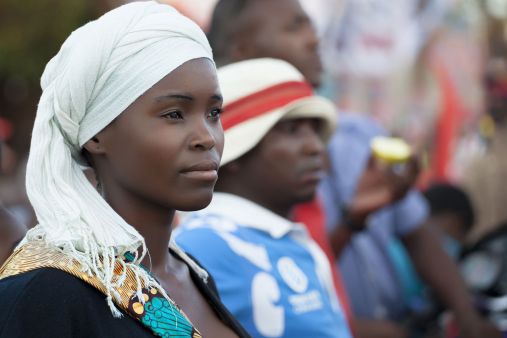Though the continent has not made as much progress as theAsia-Pacific region, poverty has been reduced by almost a third since the 1960s. Today, prosperity in Africa is at its highest -ever level, with 43 countries out of the 49 in the region witnessing improvements in their prosperity ranking over the past decade, for a variety of different reasons.
Such successes should serve as more than a source of encouragement. They potentially offer other African nations examples of best practice in overcoming what are often common challenges, from improving levels of government accountability to improving the environment for business creation and investment. For example, if each country in the region were to replicate the African nation that had seen the most improvement in each pillar over the past decade, in around 20 years their prosperity would match that of Lithuania today.
The following section showcases improvements made by four African nations over the past decade, examples which offer an opportunity to illuminate the pathway to prosperity for their neighbours as well as for others at similar stages of their own national development.
Some suggestions that will lead to further improvements in prosperity in these four countries is also briefly discussed, although a full diagnosis of their strengths and weaknesses and for all 167 countries, across the 12 pillars and 66 elements, can be found in the country profiles.










